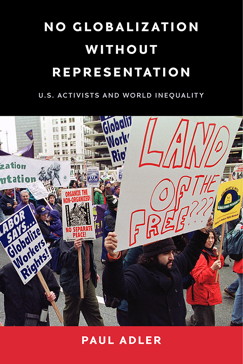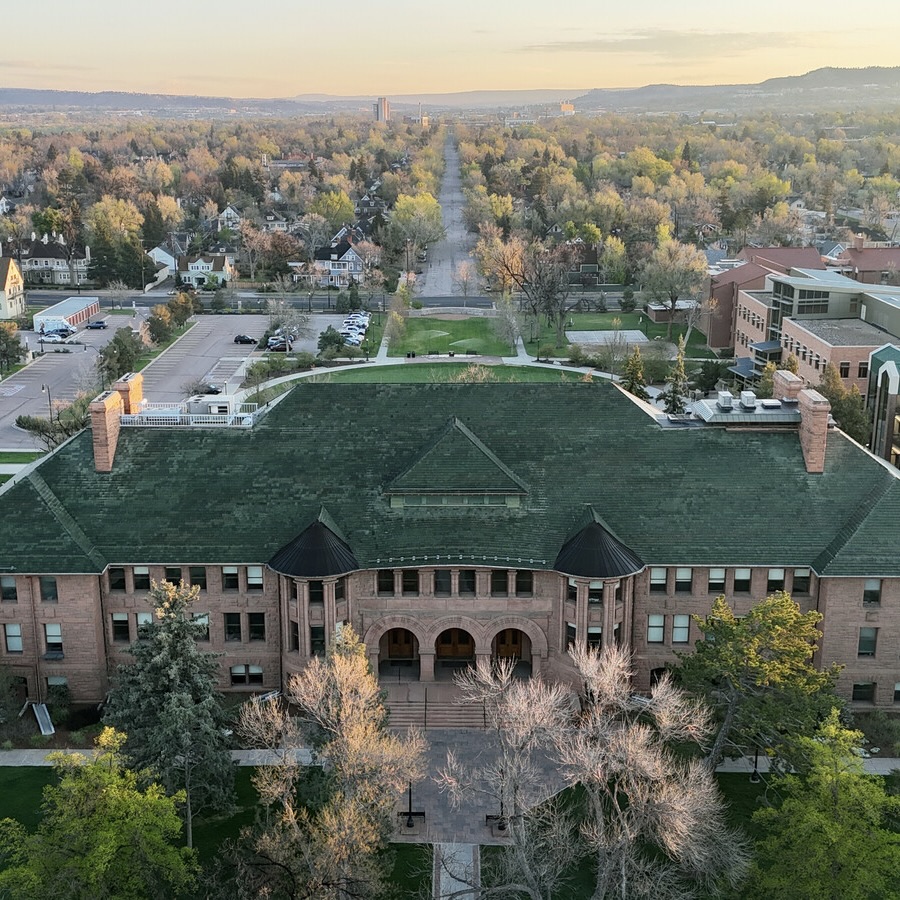 Colorado College Assistant Professor of History Paul Adler recently published his first book, “No Globalization Without Representation.” Subtitled “U.S. Activists and World Inequality,” the book tells the story of how consumer and environmental activists became significant players in U.S. and world politics at the end of the 20th century. The book also launches a new series from the University of Pennsylvania Press, titled “Power, Politics, and the World.”
Colorado College Assistant Professor of History Paul Adler recently published his first book, “No Globalization Without Representation.” Subtitled “U.S. Activists and World Inequality,” the book tells the story of how consumer and environmental activists became significant players in U.S. and world politics at the end of the 20th century. The book also launches a new series from the University of Pennsylvania Press, titled “Power, Politics, and the World.”
The book opens by examining an important, but often minimized political force from the 1960s: public interest progressivism. Led by activists like Ralph Nader, public interest progressives confronted corporate power and helped win major consumer and environmental protections. They did so primarily by working to change government through lobbying and lawsuits. By the late 1970s, some public interest groups expanded their work beyond U.S. borders to challenge multinational corporations.
Adler writes that nonprofit advocacy groups such as the Sierra Club and Public Citizen helped forge a progressive coalition that, to this day, continues to call for major reforms to the governance of the world economy — as seen in the recent U.S. government call to waive intellectual property right rules for COVID vaccines. From boycotting Nestlé in the 1970s to lobbying against NAFTA to the “Battle of Seattle” protests against the World Trade Organization in the 1990s, these groups have made a profound mark.
“No Globalization Without Representation” tells their stories while showing how public interest groups helped ensure that a version of liberalism willing to challenge corporate power did not vanish from U.S. politics during the 1980s and 1990s. The book also illuminates how professionalized organizations became such a critical part of liberal activism — and how that has affected the course of U.S. politics to the present day.
Adler joined the Colorado College History Department in 2018 and teaches courses on U.S. history, the “Global Cold War,” international political economy, and social movements. His research and teaching focuses on the intersections of politics, social movements, and economics.





